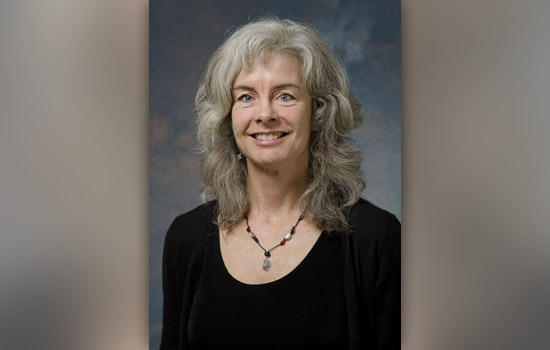Author to discuss Hindu settlers
Corinne Dempsey shares her thoughts on heterotopian versus utopian colonization
Corinne Dempsey
Rochester Institute of Technology’s Conable Distinguished Lecture Series in International Studies, which welcomes scholars to campus to shed light on topics affecting communities and citizens from around the globe, continues with a talk by Corinne Dempsey, associate professor and program director of Asian studies at Nazareth College. Dempsey presents “Sanctifying American Landscape: Hindu Settlers and Unsettlers,” 5–6:30 p.m. Dec. 5 in the Chester F. Carlson Center for Imaging Science auditorium.
In her talk, Dempsey explores the ways diaspora Hindus and the 1980s Rajneesh community have constructed sacred terrain in the United States. Drawing from her recent book Bringing the Sacred Down to Earth: Adventures in Comparative Religion, Dempsey argues that the diaspora Hindus tend to assume a heterotopian approach, acknowledging layers of sacred landscape, while the Rajneesh community has imposed a utopian vision that is reminiscent of settler colonizers, which ultimately led to their demise.
The author of The Goddess Lives in Upstate New York: Breaking Convention and Making Home at a North American Hindu Temple, Dempsey is an expert in Hindu traditions, global Christianity, gender, politics and religion, comparative religion and mysticism.
All talks in this series are free and open to the community.
The Conable Distinguished Lecture Series is named for former Rochester-area politician and diplomat Barber B. Conable Jr., who served in the U.S. House of Representatives from 1964 to 1984 and as president of the World Bank from 1986 to 1991. The series is presented by RIT’s Office of the Provost, international studies program and the College of Liberal Arts. The Barber B. Conable Jr. Endowed Chair in International Studies was made possible by a starting gift from the Starr Foundation.
For more information about the lecture series, contact Benjamin Lawrance, the Hon. Barber B. Conable Jr. Endowed Chair in International Studies, at bnlgla@rit.edu.














